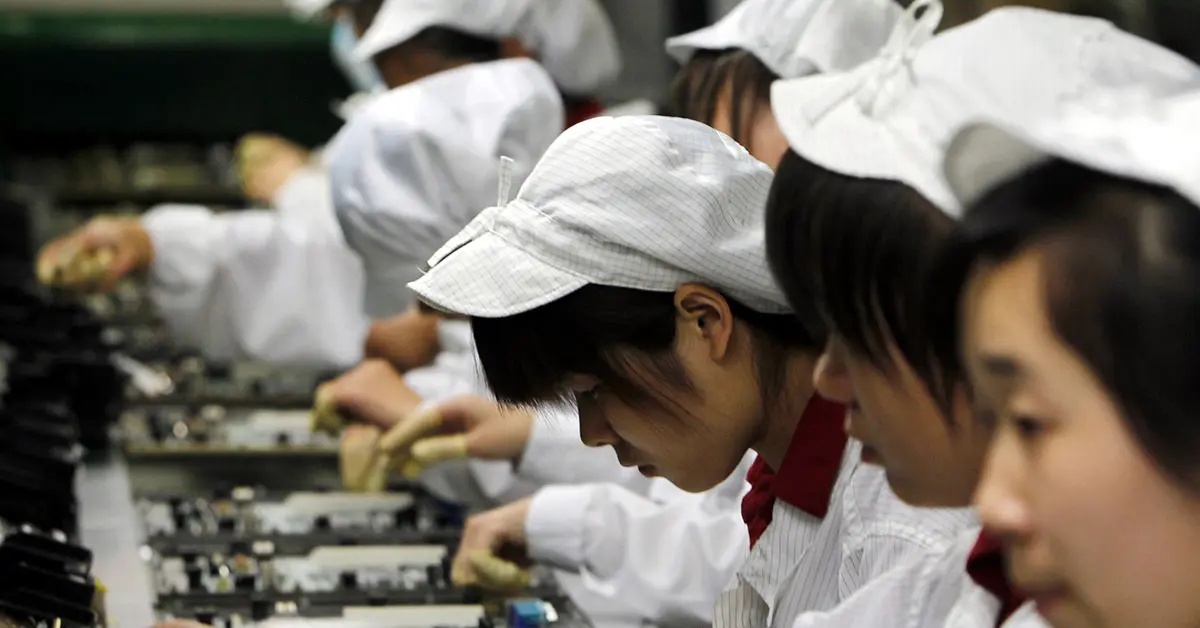Chinese tradition to work overtime
A lot of Chinese companies expect their employees to work according to the rule of “996” – working from 9am till 9pm and 6 days a week.
For instance, Alibaba founder Jack Ma has recently made a bold statement defending this extreme work culture.
His advice to complaining workers was modeled in the rhetoric that’s become commonplace in China’s tech sector – “How do you achieve the success you want without paying extra effort and time?”

Chinese people believe that “the Heavens reward diligent people”. Hard work with strong determination is considered one of the main virtues. Laziness is regarded a crime. It is said recreation will make you less determined. It is almost like a religion that has deeply impacted Chinese mentality.
For example, Chinese employees are not comfortable leaving the office if their manager is still in. This way they maintain the image of a “good worker”, because they are afraid to leave a bad impression of themselves, not working hard enough.

However, working long hours doesn’t get you more pay in most cases. But it is still accepted because it can make you look like a worthy person and valuable employee.
Such working ethics has its roots in Confucian philosophy and the concept of “Chi Ku” ((literally “eating bitterness”), the act of persisting through hardship. “Chi ku” is a valued way to earn respect — and possibly a promotion.
Overtime work is one of most common forms of “Chi ku”.
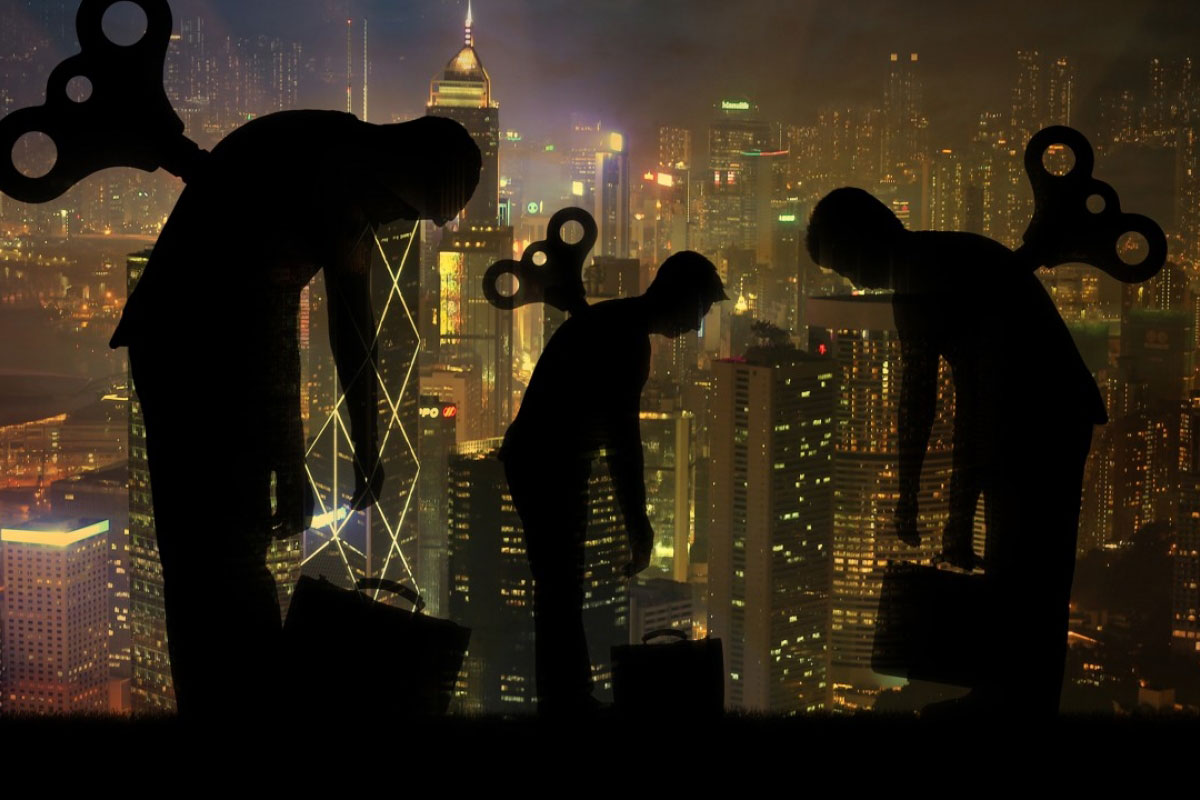
More topics about Chinese mentality
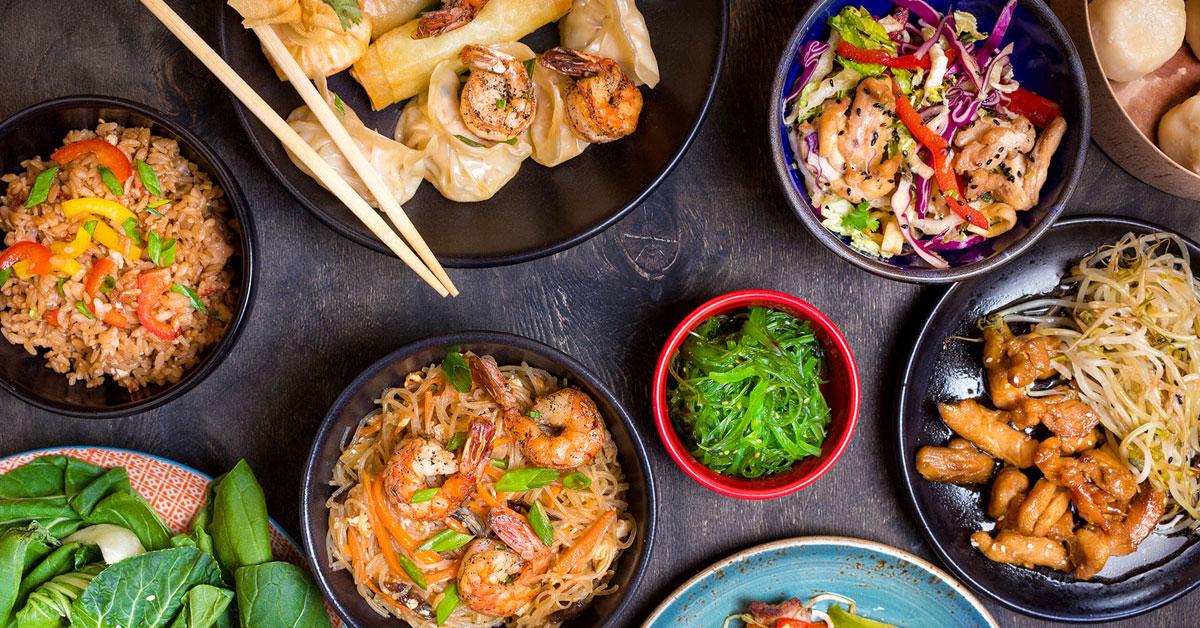
“Have you eaten yet?”
Foreigners often wonder, why Chinese people use the phrase "你吃饭了吗" (Ni chi fan le ma?) as a greeting, meaning “Have you eaten yet?” This way they greet each other and their foreign friends or partners, often inviting them to have a dinner together...
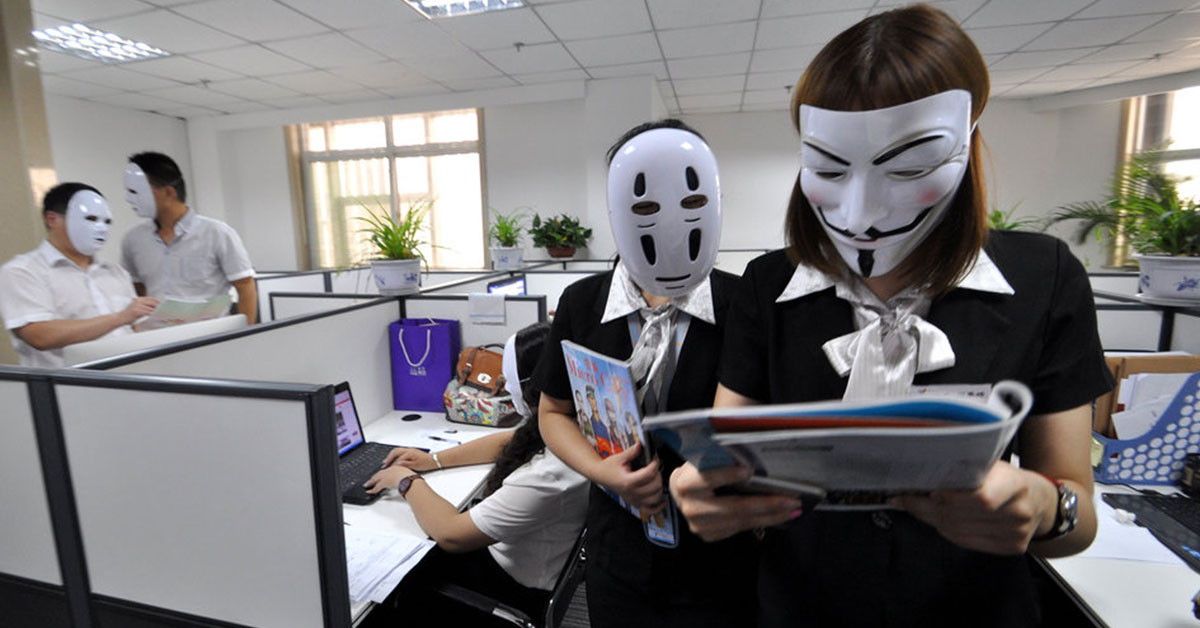
Mianzi – the concept of Face
China is a group-oriented culture, and Face represents a person’s reputation and feelings of prestige within those groups. Everybody will tell you how important it is not to make Chinese counterparts lose face, and this is undoubtedly good advice. But what, exactly,...
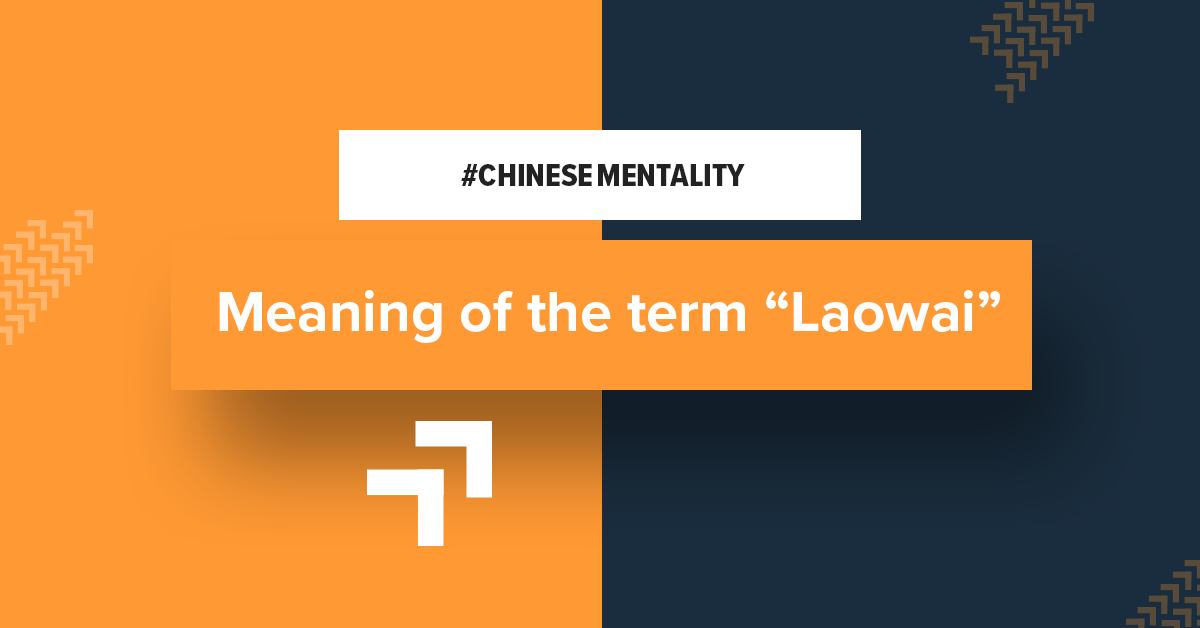
Meaning of the term “Laowai”
Chinese Mentality Meaning of the term “Laowai” The term “Laowai” is frequently used in modern Chinese language in reference to foreigners (not Asians). In order to understand what meaning is implied here, let’s analyze the hieroglyphs this word consists of. The word...


